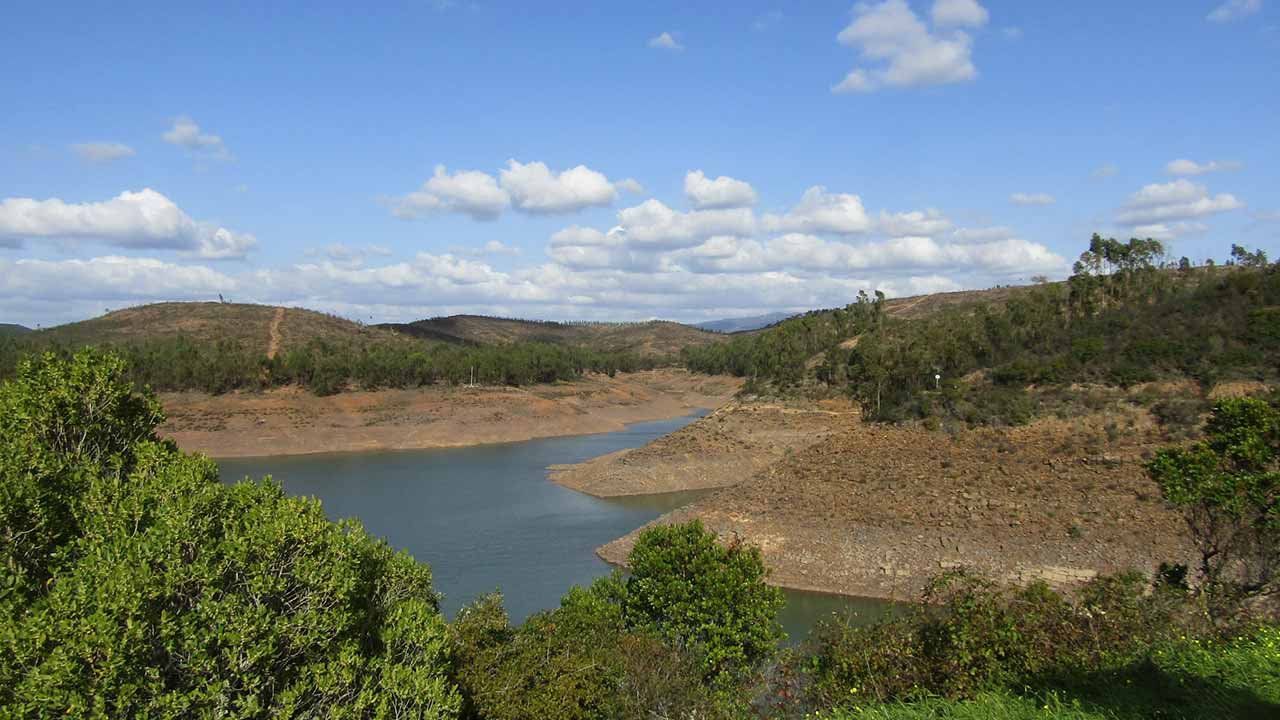Summary:
Portugal approves a moratorium on deep-sea mining until 2050.
Legislation passed unanimously by multiple parties, including PSD, PS, and Livre.
Environmental organizations support the ban, citing risks to marine ecosystems.
Portugal to become the first European country to impose such a ban.
Calls for urgent action to implement the moratorium effectively.
Portugal's Landmark Legislation on Deep-Sea Mining
Portugal has made a groundbreaking decision by approving a moratorium on deep-sea mining until 2050. This significant move follows the unanimous approval of several legislative projects by different political parties, including the PSD, PS, and Livre, aimed at safeguarding marine ecosystems.
Legislative Developments
The PSD's bill revising the legal regime governing maritime spatial planning was passed unanimously and has been sent to the 11th Commission (Environment and Energy). Meanwhile, the PS's proposal for a moratorium until 2050 received opposition from Chega and the Iniciativa Liberal (IL), while the Livre's bill to halt mineral exploration also met similar opposition. The PAN and BE submitted requests for their initiatives to be discussed in committee without a vote for 90 days, reflecting a collaborative effort across the political spectrum.
Environmental Implications
Environmental organizations such as ANP|WWF, Sciaena, and Sustainable Ocean Alliance (SOA) have applauded this legislative progress. They emphasize that deep-sea mining poses significant risks to marine ecosystems and local fisheries due to the destructive nature of heavy machinery operating at extreme depths.
“The majority stance of the Assembly against this activity was previously noted, indicating a strong commitment to environmental protection,” the NGOs stated. They also pointed out that Portugal's legislative action places it at the forefront of global efforts to address the environmental challenges posed by deep-sea mining.
Global Context and Future Steps
The International Seabed Authority is reportedly advancing a mining code, but concerns remain about the economic and environmental impacts of such practices. The Foundation Oceano Azul highlighted Portugal's role as a leader in ocean protection, stating that this moratorium aligns with international commitments and reflects a growing societal awareness of ocean health.
According to Catarina Abril, an environmental activist, Portugal is set to become the first European nation to prohibit deep-sea mining until more scientific data is available. This decision follows the precedent set by Palau and Fiji, who have already banned such activities in their waters.
Conclusion
With significant mineral resources in its exclusive economic zone, including valuable metals for electric vehicle batteries, Portugal's decision marks a pivotal moment in marine conservation efforts. As discussions continue, the urgency remains for ensuring the effective implementation of this moratorium to protect the deep-sea environment from potential exploitation.










Comments
Join Our Community
Create an account to share your thoughts, engage with others, and be part of our growing community.